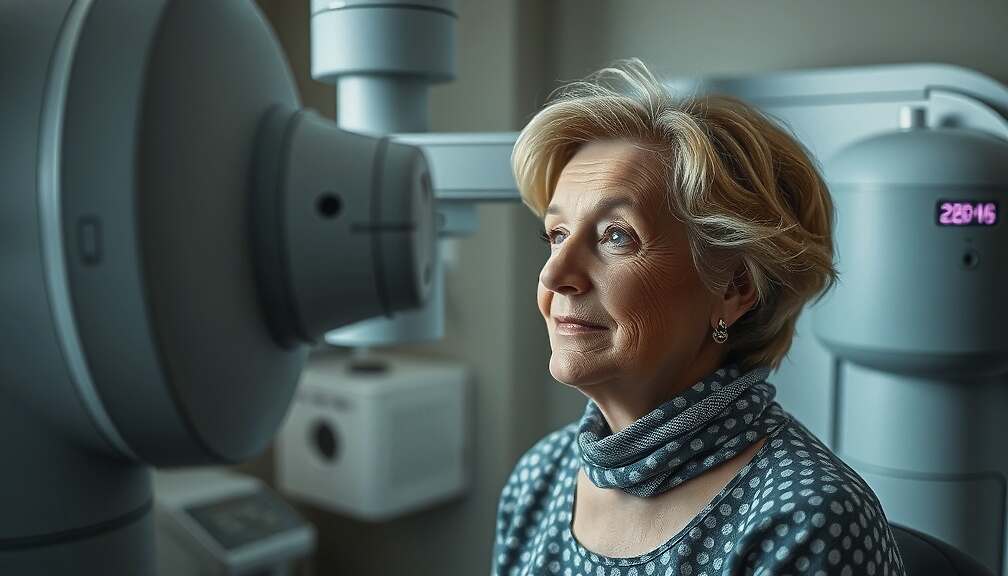A significant reduction in breast cancer mortality has been demonstrated by Germany’s long-standing mammography screening program for women aged 50 to 69, according to a new study released this week. The findings, presented at an event in Berlin attended by Federal Environment Minister Carsten Schneider and Federal Health Minister Nina Warken, reveal a notable impact on survival rates.
Data analyzed from 2009 to 2018 indicates that women participating in the screening program experienced a 20 to 30 percent decrease in breast cancer-related deaths compared to those who did not participate. Breast cancer is the most prevalent form of cancer affecting women, with approximately one in eight women diagnosed with the illness at some point in their lives. Tragically, approximately 18,500 women in Germany succumb to the disease annually.
The study, coordinated by the Federal Office for Radiation Protection and primarily conducted by the University of Münster, sought to rigorously assess the effectiveness of Germany’s national mammography screening program. Its results align with prior international research, which suggested that screening programs for women in this age bracket could potentially avert roughly 25 percent of related deaths.
“These study results are welcome news for all women in Germany who receive an invitation to participate in mammography screening” stated Minister Warken. “Women can be confident that participation demonstrably offers benefit, enabling early detection and enhancing the chances of successful treatment.
Minister Schneider added that the findings provide assurance that the benefits of the examination outweigh any potential risks, particularly given the consistently high standards of radiation protection within the German medical system.












